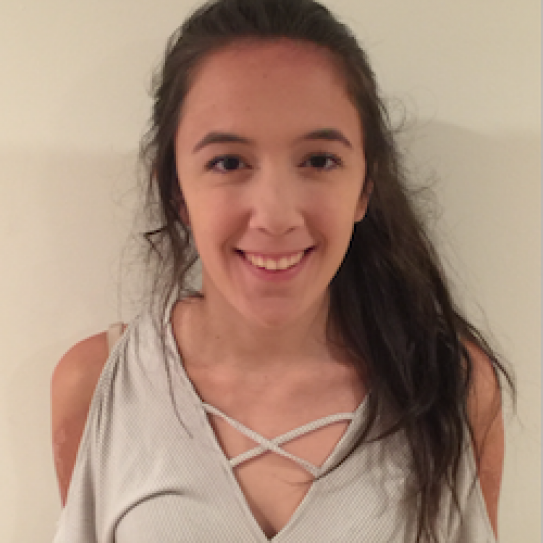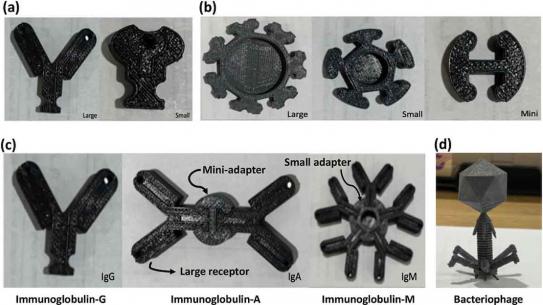Julia Monkovic

What does it mean to you to be an engineer?
Engineers are good at science and math, but they have to be creative as well. They use both sides of their brain.
How is your field being redefined for today and tomorrow’s needs? What contributions do you hope to make to this redefined landscape?
Chemical and biomolecular engineers are reshaping medical care, and if you’re familiar at all with Tandon history, you can point to some major examples right here, like Jasper Kane, the alum who figured out how to mass-produce penicillin, saving countless lives during World War II. The world is really waking up to how important advances in this field are; look how happy people are to be getting vaccinated against COVID-19, thanks to the scientists who worked so diligently on the problem.
I want to eventually work in the pharmaceutical industry, but right now, after graduation I’ll be headed to Children’s Hospital of Philadelphia to work on a bone-marrow research project.
How did NYU Tandon help you redefine yourself?
One of the most important experiences I had was participating in Tandon’s Undergraduate Summer Research Program. I worked in Professor Jin Montclare’s protein engineering lab, and that really showed me the bigger picture in a way that just studying in a classroom doesn’t. I became truly open at that point to the wide possibilities CBE presented, and that set me on my current path.
I was also a Science Outreach and Research (SOAR) fellow, which allowed me to mentor local high school students and get them excited about STEM. I used 3D-printed models of several antigens and antibodies to teach a lesson on immunity, and I later authored a paper about the experience that was published in the Journal of Biological Education. I’m not sure how many undergrads at other schools get to work early on in high-profile faculty labs or get to be lead author on published work.


